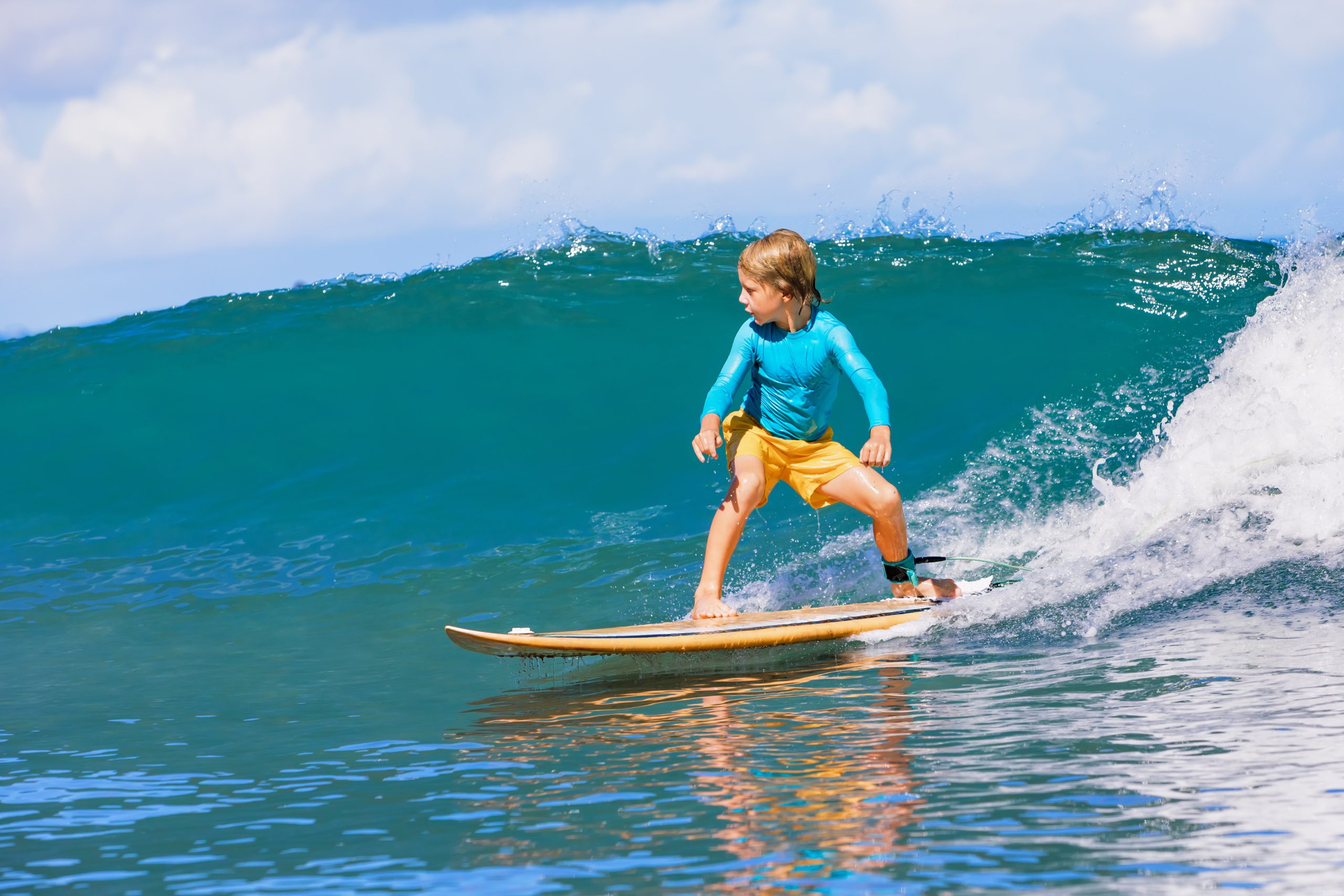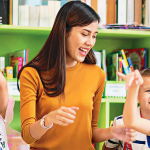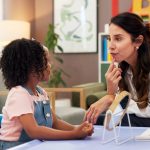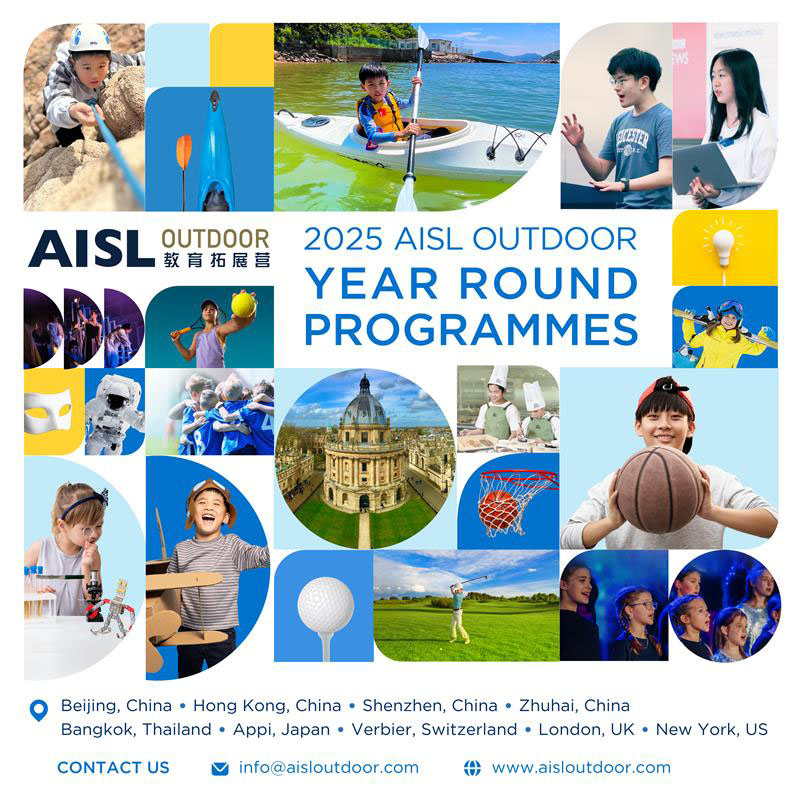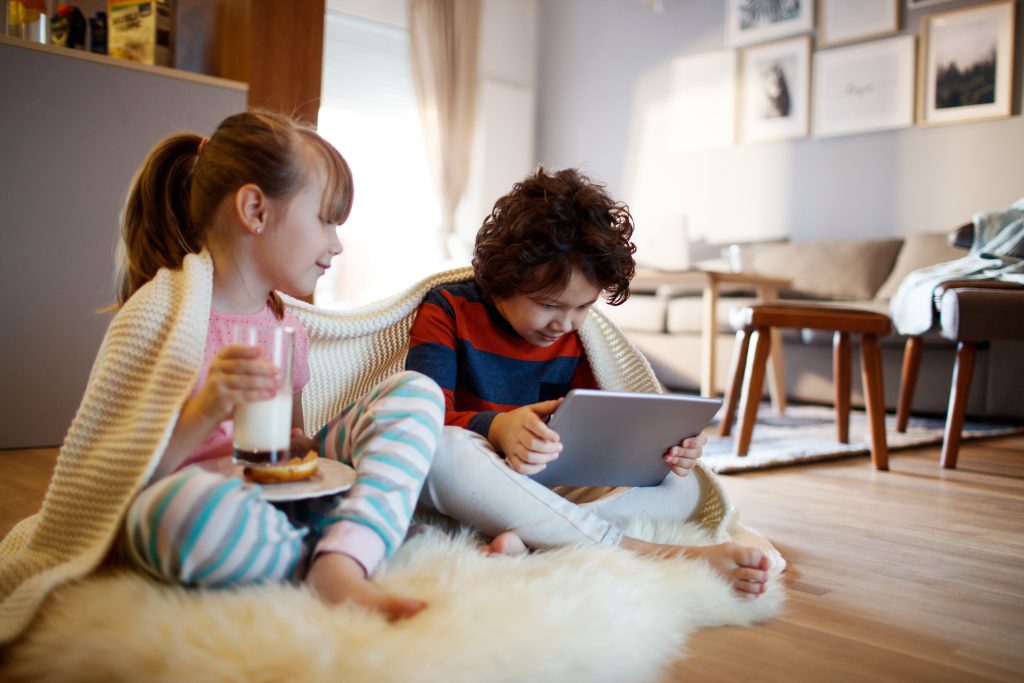We have all heard of the benefits of physical activity, whether this has been passed on by those who raised us or perhaps by that one Physical Education teacher we still remember. Independently of who and how, it is a fact that we have all, at some point, heard physical activity is beneficial for us.
Research corroborates this premise and states that physical activity has several benefits to our bodies and minds and, ultimately, impacts positively our wellbeing. For our students it is no different! It is important to understand that these benefits are not solely evident in the physical realm but also impact the mental and social wellbeing and the cognitive ability of our students.
This article will focus on the mental and emotional and social benefits of regular participation in physical activity, as well as the impact on cognitive functions relevant for academic success.
MENTAL AND EMOTIONAL BENEFITS
Physical activity triggers the release of endorphins, hormones that act as natural mood lifters, reducing stress, anxiety levels and risk of depression. Furthermore, research findings pinpoint that taking part in physical activity also builds emotional resilience as it teaches students to handle different emotions such as excitement, frustration and disappointment. The more students are exposed to competitive sports contexts, the better equipped they are not only to cope with loss but also to manage pressure, which increases as they get closer to assessments and their GCSE and A-Level exams.
“Students who are physically active report fewer symptoms of anxiety and depression, and higher levels of life satisfaction, contributing to a healthier learning environment”.
– Mahfouz, Mohamed et al.
SOCIAL BENEFITS
Participation in physical activity, especially in team sports, fosters cooperation as well as promoting and developing leadership and communication skills. At the same time, this opportunity to make new friends and strengthen social networks creates a sense of belonging and enhances students’ ability to work in a team, share responsibility and support others towards achieving a common goal.
“Exercise boosts executive function, which includes working memory, sorting, sequencing, and imagining all essential skills for academic success”
– Dr John Ratey
Dr. John Ratey (2008) explains that physical activity increases neuroplasticity, in other words, the brain’s ability to grow and reorganise itself. As educators we rely on the premise that students need to adapt, form new connections and amplify their memory. Taking part in sports increases the blood flow to the brain, enhancing cognitive abilities like creativity, problem-solving and decision-making.
STUDENT WELLBEING AND ACADEMIC SUCCESS
It is evident from all the evidence suggested that happier students are more successful. For parents, witnessing their child being successful is the greatest reward they will seek to have. For schools and its staff, the same premise applies regarding their students. With this in mind, I feel it is safe to say we have the opportunity and duty to ensure we help create the conditions for our students’ brains to release endorphin and for them to participate in sports and, therefore, have the opportunity to help crate happier students who are bound to be successful.
Students who report higher levels of happiness tend to demonstrate better academic outcomes, largely due to improved cognitive functioning and increased resilience in the face of academic challenges.”
– Narendra Kumar and Pragyan Nibedita Sahoo
GUIDELINES
The guidelines for children’s participation are clear:
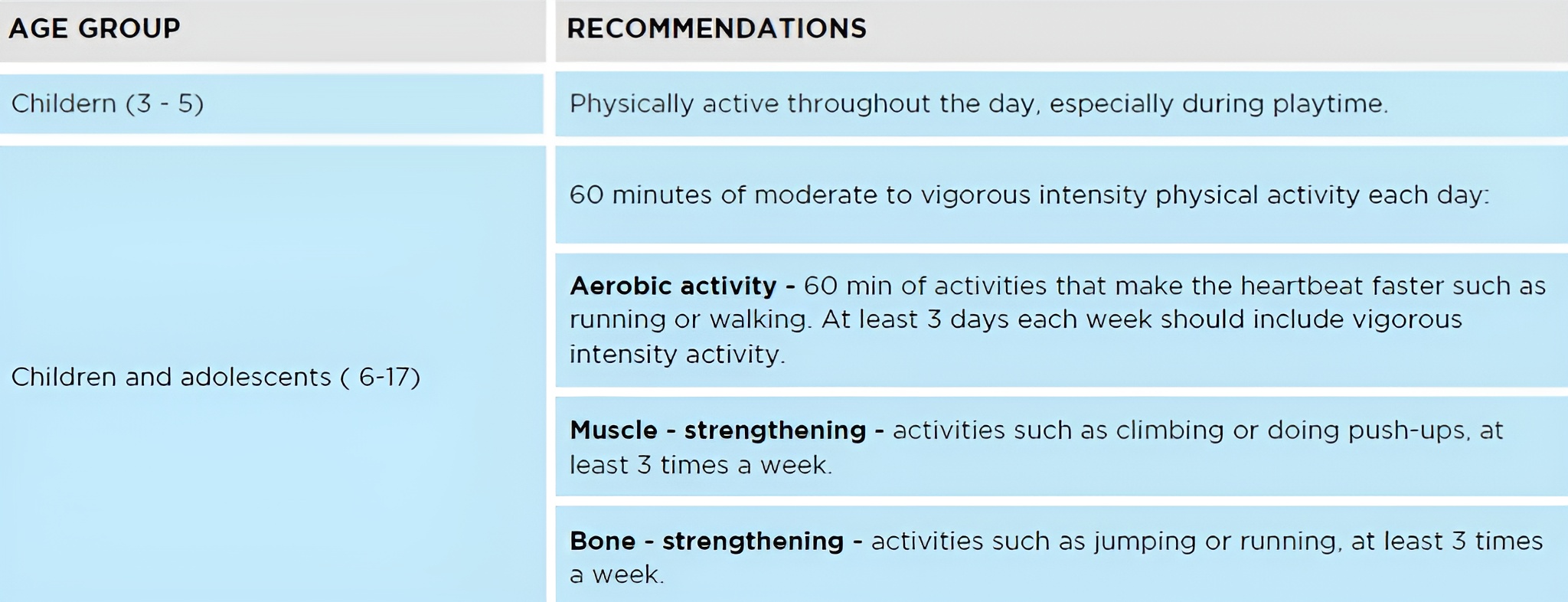
“Mens sana in corpore sano” (from Latin “a healthy mind in a healthy body”) reiterates how one’s mind can only operate to its full potential if one allows their body to reap the benefits of taking part in physical activity.
But how do we, educators, provide opportunities to be physically active in a world where academics are the number one priority?
Knowing that a number of children rely exclusively on their time in school to be physically active, it doesn’t come as a surprise that schools play a crucial role in providing these opportunities for students. There isn’t a magical formula able to replace the perfect combination of the physical, mental and emotional and social benefits of regular participation in physical activity and, although we may find some resistance to this (from both parents and students), it is crucial that Schools understand and actively promote the important role of participation in physical activity, not only in Physical Education lessons but also in competitions within the School and against other schools and other lessons. Examples of this include integrating active breaks within the class as well as promoting outdoor education.
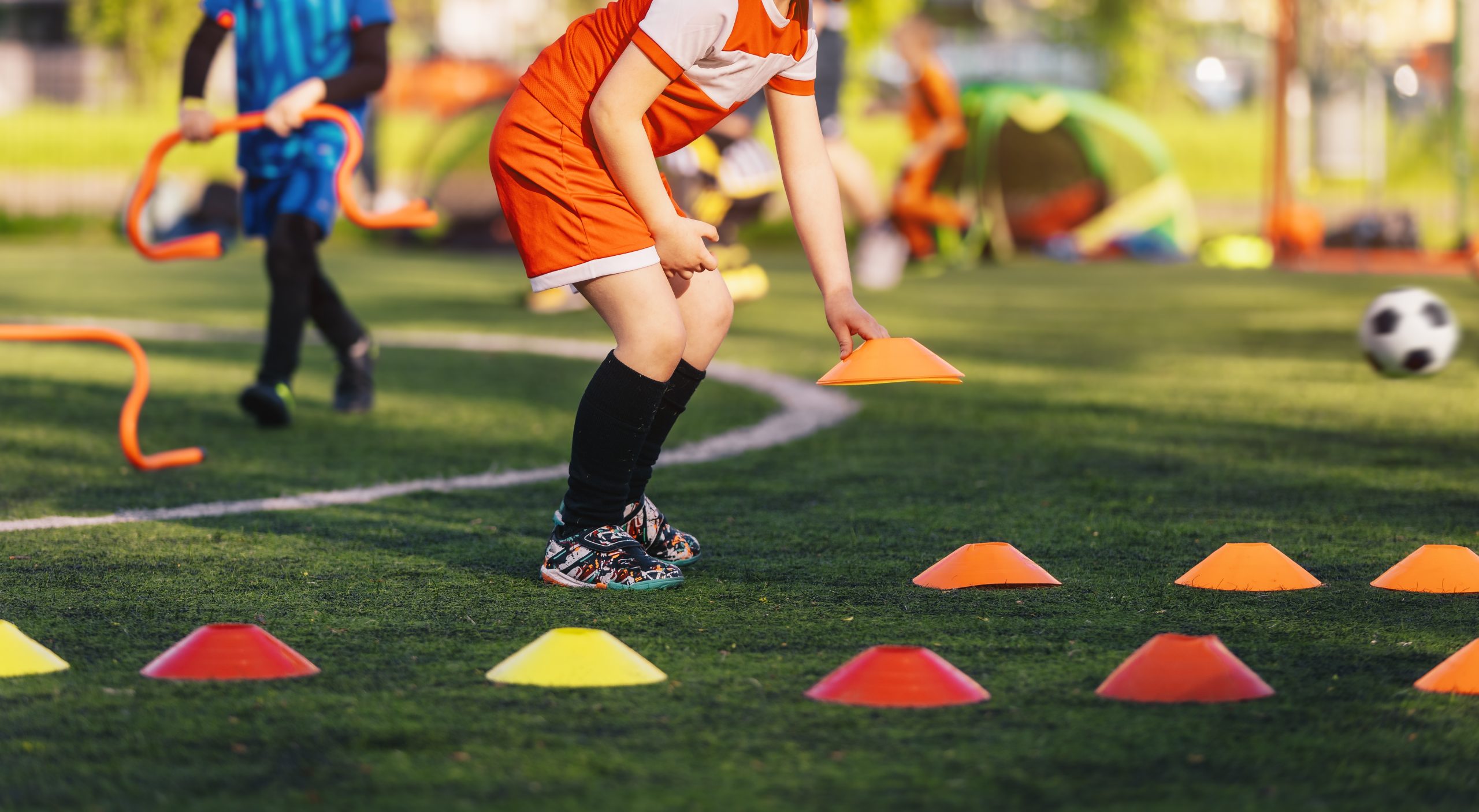
Despite the time constraints, we run a number of teams, who travel to other schools (both nationally and internationally) to compete. These teams train not only after school, but also, at points in the season, before the school day and at lunchtime. At the same time, we hold numerous events, such as Sports Day, Harrow Ducker and House League to continue challenging our students and provide them with opportunities to develop their character, prioritising the skills they need to be successful in life. Fortunately for us, our enthusiastic parents also play a big role on this – they not only are extremely keen to be present in these events but also take part in them, helping us acting as role models for their children.
Adding to this, our PE lessons are also an opportunity for learners to develop these skills. From leading warm-ups or groups of peers to compete against each other in various sports, we are committed to continue providing the perfect environment to reap the benefits of regular participation in physical activity.
This way, we can promote opportunities for our students to be happier, more successful and help shape the future leaders of the world in line with AISL’s commitment to “Educational Excellence in Life and Leadership”.
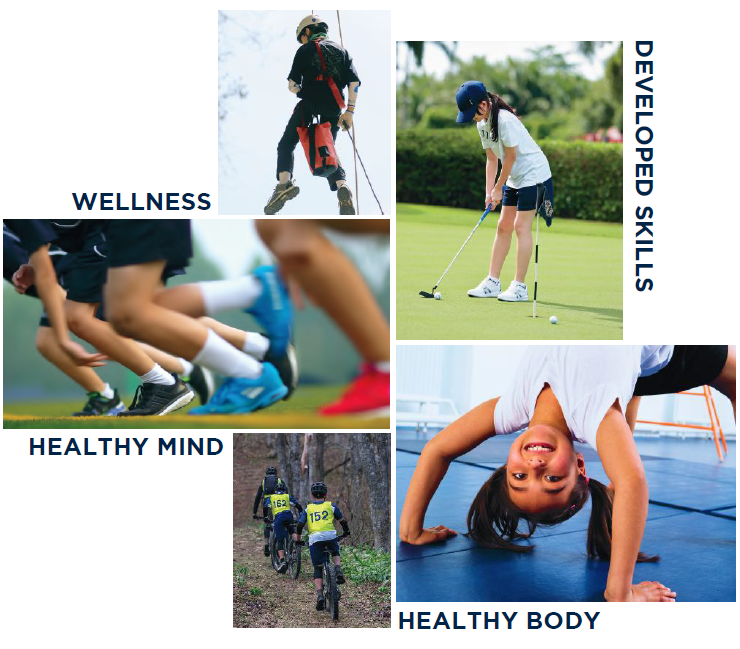
Explore our health and wellness services and activities, designed to promote long-term wellbeing in children and teenagers:
Get a special discount by quoting code AISLMALL during CHECKOUT.
Health & Wellbeing – Deck of cards
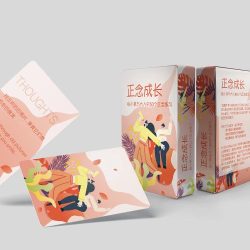
Dr. Christopher Willard’s mindfulness decks offer exercises for emotional well-being, including *Mindful Parenting*, *Self-Love*, and tools for teens to manage depression, anxiety, and build resilience. Each deck provides practical mindfulness strategies for emotional growth and mental health at every life stage.
Health & Wellbeing Videos
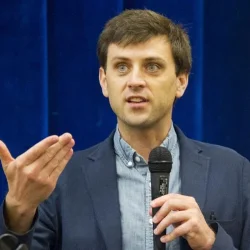
Unlock mindfulness and communication skills with expert-led courses. Topics include fostering positive family dialogue, boosting academic performance through mindfulness, and age-specific practices for preschoolers, primary students, and teens, promoting focus, emotional balance, and resilience.
iLiving: Initial 90-minute Consultation with Supported Healing for Children
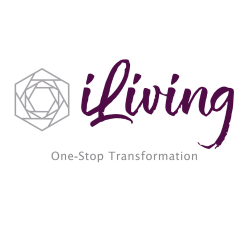
iLiving is a holistic wellness centre that offers integrated services for personal transformation. They provide a comprehensive approach to address both physical and mental health, focusing on modalities like bioresonance, life coaching, family constellations, and more to help clients achieve optimal well-being. This consultation includes health scan of a child who is suffering from chronic physical or mental health challenge and coaching to their caretaker/parent(s).
KFBG Transformative and Mindfulness Forest Immersion Walk

Kadoorie Farm and Botanic Garden (KFBG) delivers inspiring, awareness-shifting and transformative programmes with potential life-changing experiences. We offer an opportunity and a peaceful space in the natural environment of KFBG for participants to experience, to rethink, to identify and to be able to deeply connect and appreciate Gaia, our mother Earth, and the interconnection and interrelationship that we share with her. By being close to, and having a respect for nature, through our transformative workshops, people can experience a sense of deep happiness and spiritual contentment in which could facilitate a more holistic way of living.
Llegend – Diploma in Professional Aromatherapy
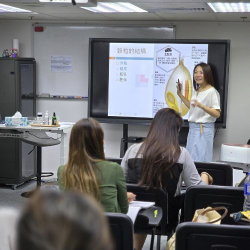
Llegend’s aromatherapy course covers essential oils, anatomy, and therapeutic applications, combining theory and practice. Accredited by the IFA, it offers exemptions for the UK TQUK Level 4 Certificate. As Hong Kong’s leading college for aromatherapy, it boasts 7 international accreditations.
Therapy Services – 1 on 1 Offline Therapy Service
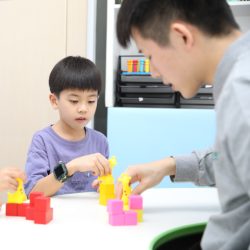
In 2023, ISS and OST Therapy launched the Allied Health School Services Program. Our certified speech-language pathologists and occupational therapists offer personalised therapy for speech, language, motor skills, emotional regulation, and self-care. We use evidence-based practices to support students’ academic and social growth, boosting confidence and promoting inclusive learning environments.
Wellbeing Books Series
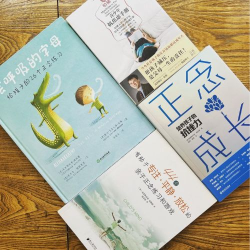
Dr. Willard’s books blend mindfulness with practical approaches for families. Alphabreaths teaches kids mindfulness through ABC-themed breathing exercises, while Growing Up Mindful offers parents and educators tools to help children build resilience, self-awareness, and empathy through mindfulness.
